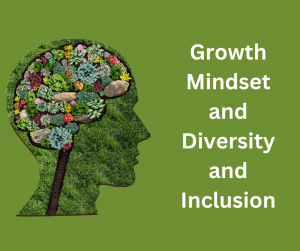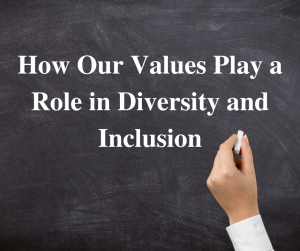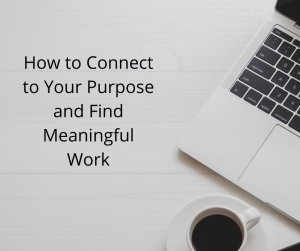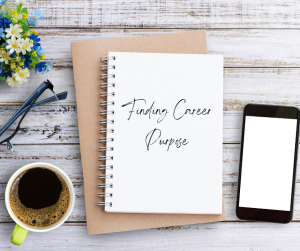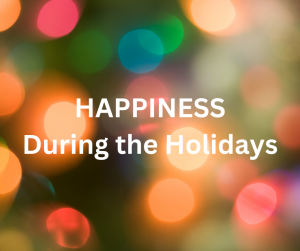Emotional Regulation Supported by Self-compassion
By: Dr. Kathleen Costello
We all have tough days. It’s those days that emotional regulation can be challenging. Have you ever noticed that difficult emotions are hard to regulate? Anger, frustration, and disappointment can lead us to act out in ways that are uncharacteristic. If we are offered support and we are in a state of heightened emotion, we often push it away. The idea of finding balance can be difficult. Sometimes we literally have no idea what to do with ourselves. It is in those moments that taking a breath and introducing self-compassion can be a game-changer.
You may be scratching your head at the concept of self-compassion. You’re not alone. Many of us are familiar with the idea of offering compassion to others but not to ourselves. It is a radical act to turn our compassion and kindness towards ourselves and our own pain. It also takes practice. As Kristen Neff, Ph.D., a pioneer in the field of self-compassion states, “with self-compassion, we give ourselves the same kindness and care we’d give to a good friend”. Self-compassion involves recognizing you’re having a difficult time and turning towards your own pain with care.
When you find yourself heated over something that happened at work or home, see what it’s like to turn the focus from the outer world to your inner world. Notice the sensations and thoughts arising in your direct experience. It may seem strange but try to acknowledge your own pain. You can try simply saying to yourself, “this is hard”, “this feels unfair” or “I’m hurt”. Whatever you might say to a friend, try saying it to yourself. It will likely feel strange but stick with it. What do you most need to hear in that moment? Can you say it to yourself? “It’s okay to feel this way. Or your pain is real, and it will pass.” Be gentle with yourself.
When we can meet our own pain with self-compassion, it can have a neutralizing effect. It doesn’t mean the situation gets resolved. It means we can begin to self-regulate because we have met ourselves with a healing salve of kindness. Emotional regulation is more possible when we have met our emotional experience fully and it allows us to reclaim our power over our response. Gaining power over our emotions empowers us to have more confidence in future difficult situations and in turn, gives us greater control over our thoughts and actions. All this is possible through self-compassion.




